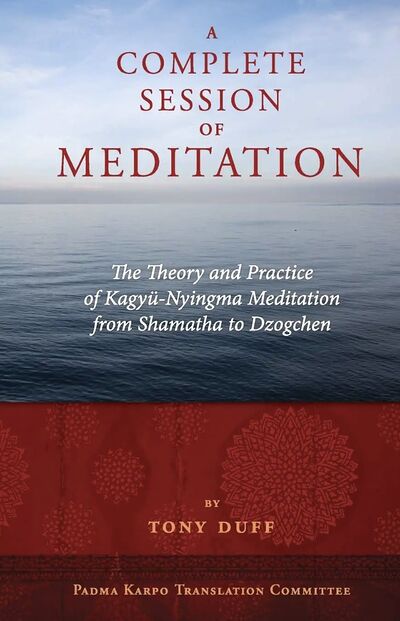- Introductionv
- Your Enlightened Core3
- Great Beings Talk About the Enlightened Core9
- Overview of the Path of Meditation23
- Preparations:
- Taking Refuge and Arousing Enlightenment Mind31
- Main Practices:
- Development of Insight into Reality Through the Practices of Shamatha and Vipashyana51
- The Key Points of the Body: Posture55
- The Key Points of Mind: Shamatha57
- The Key Points of Mind: Vipashyana: The Two Truths and Emptiness73
- The Key Points of Mind: Vipashyana: Emptiness Progressively Understood Through the Four Schools of Buddhist Philosophy91
- The Key Points of Mind: Vipashyana: Emptiness Known Through Examination
of Time103 - The Key Points of Mind: Vajra Vehicle Meditations on Reality105
- Conclusion:
- Dedication, The Seal119
- Glossary123


